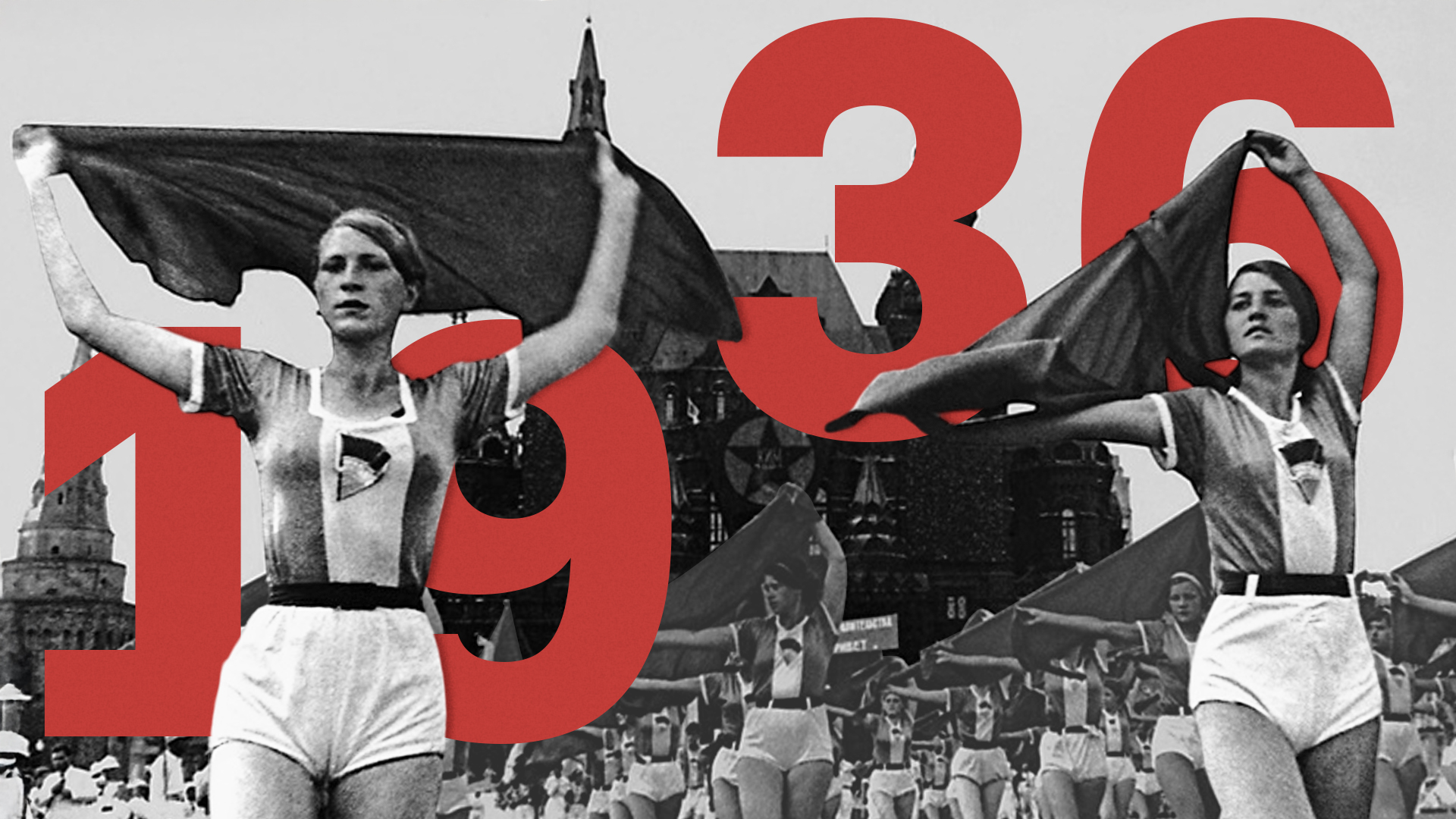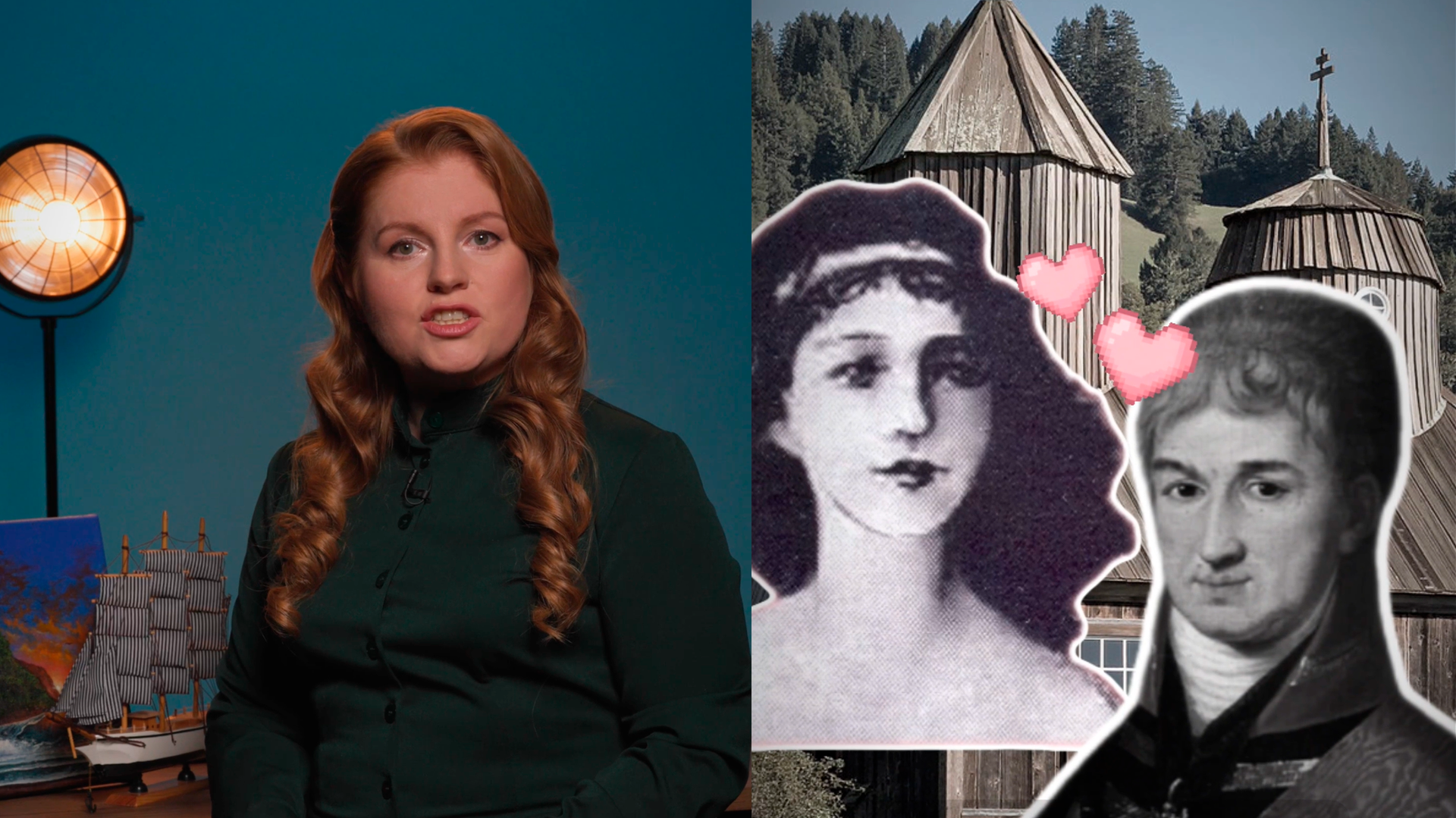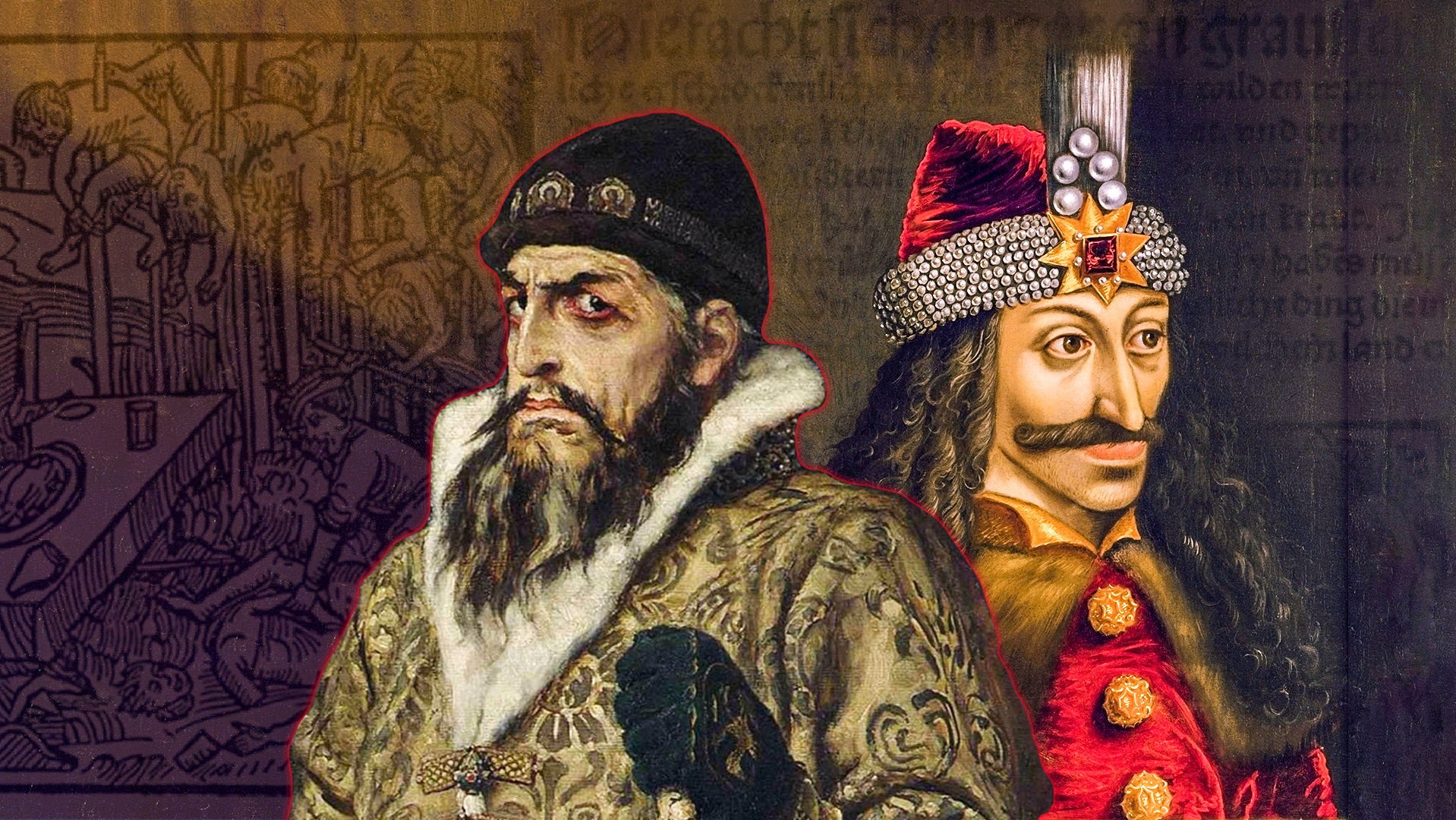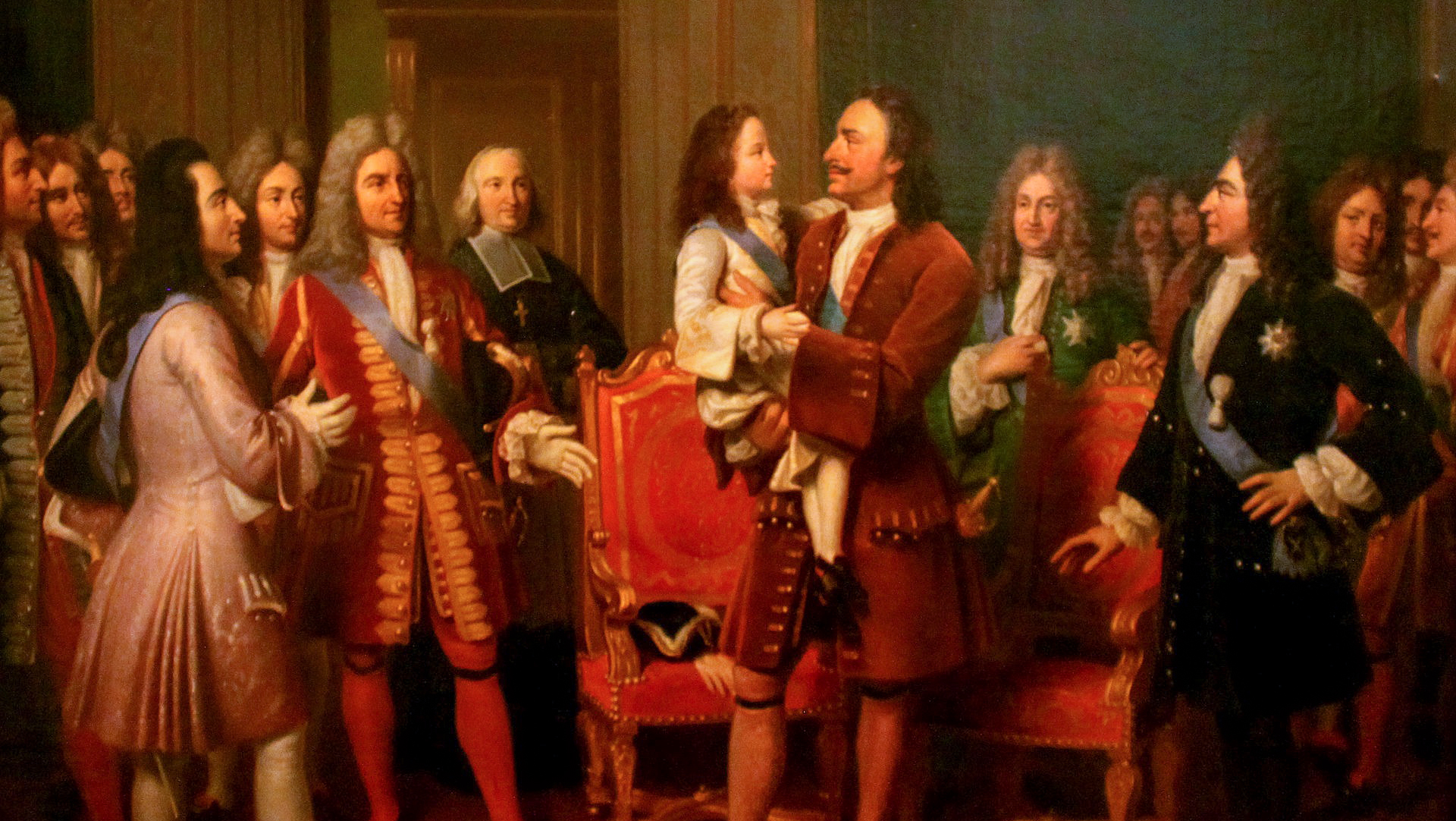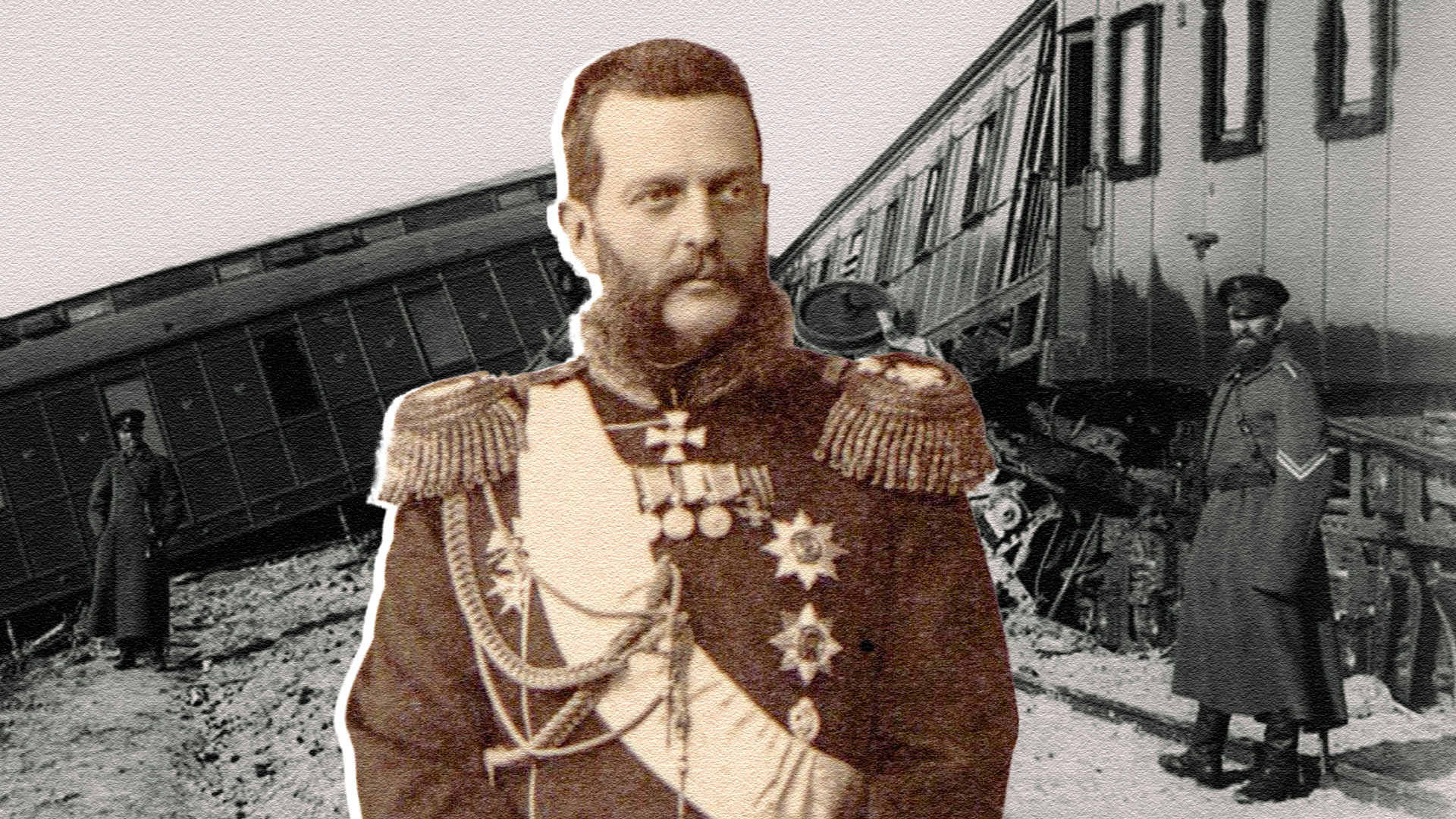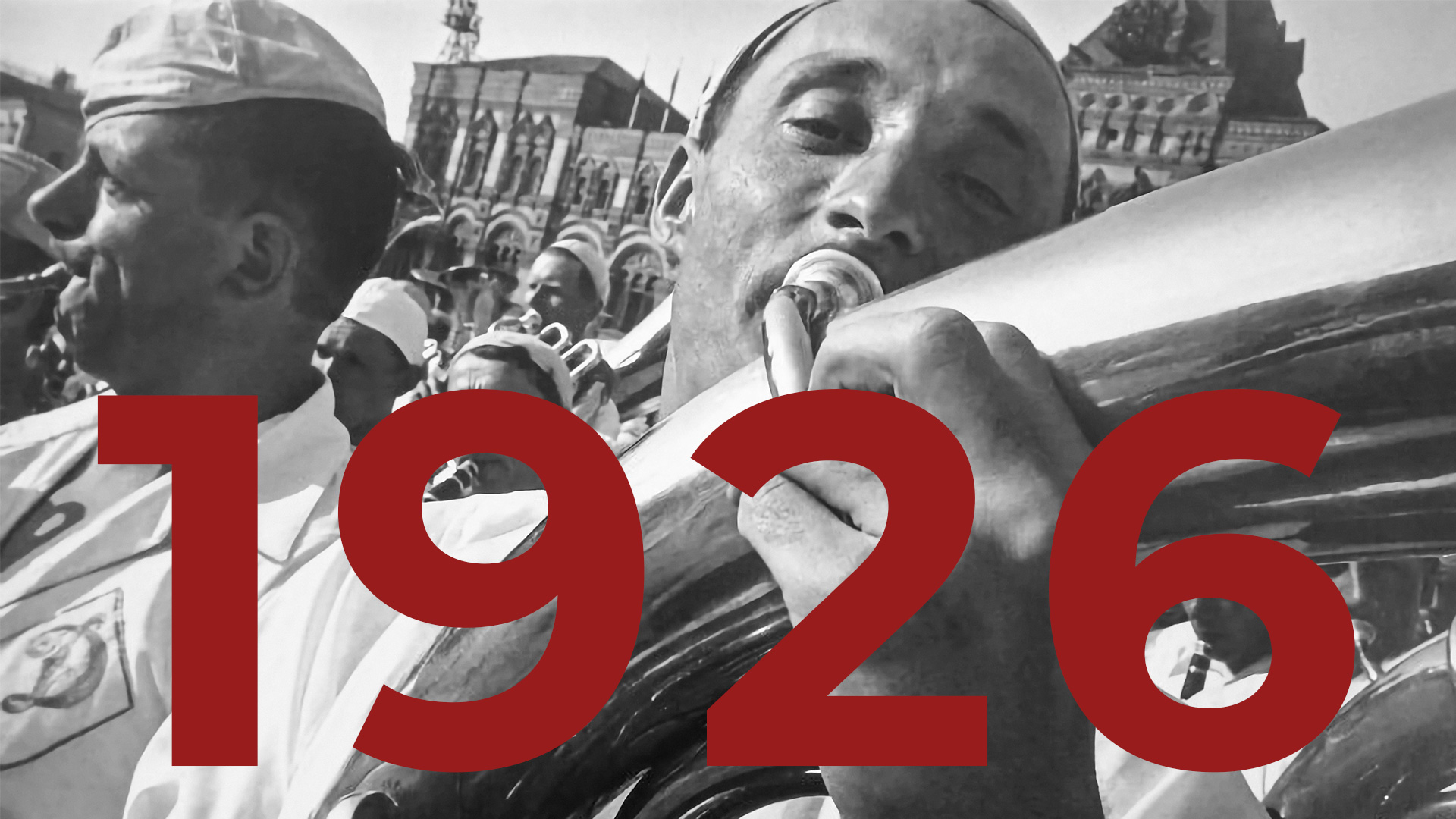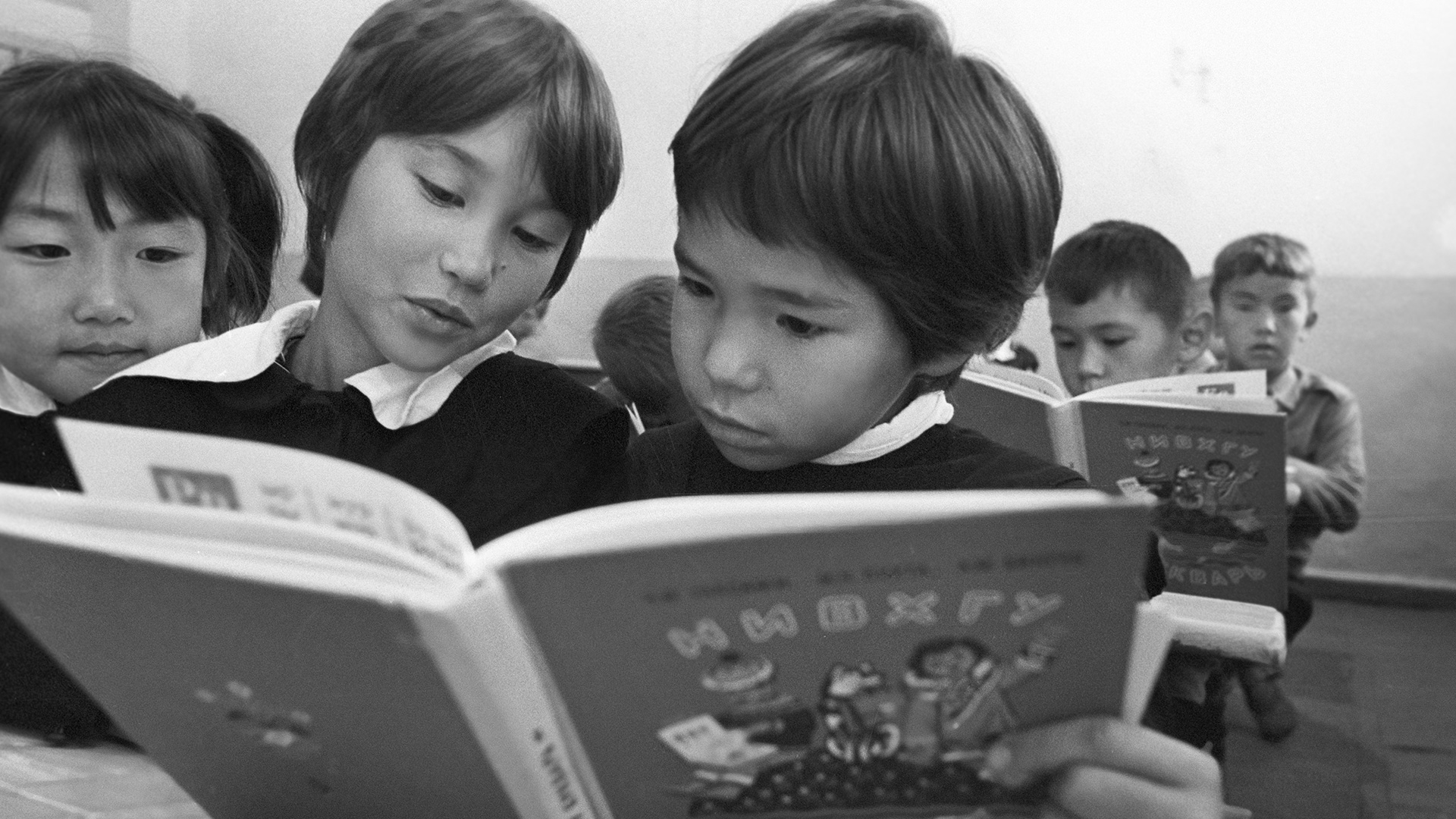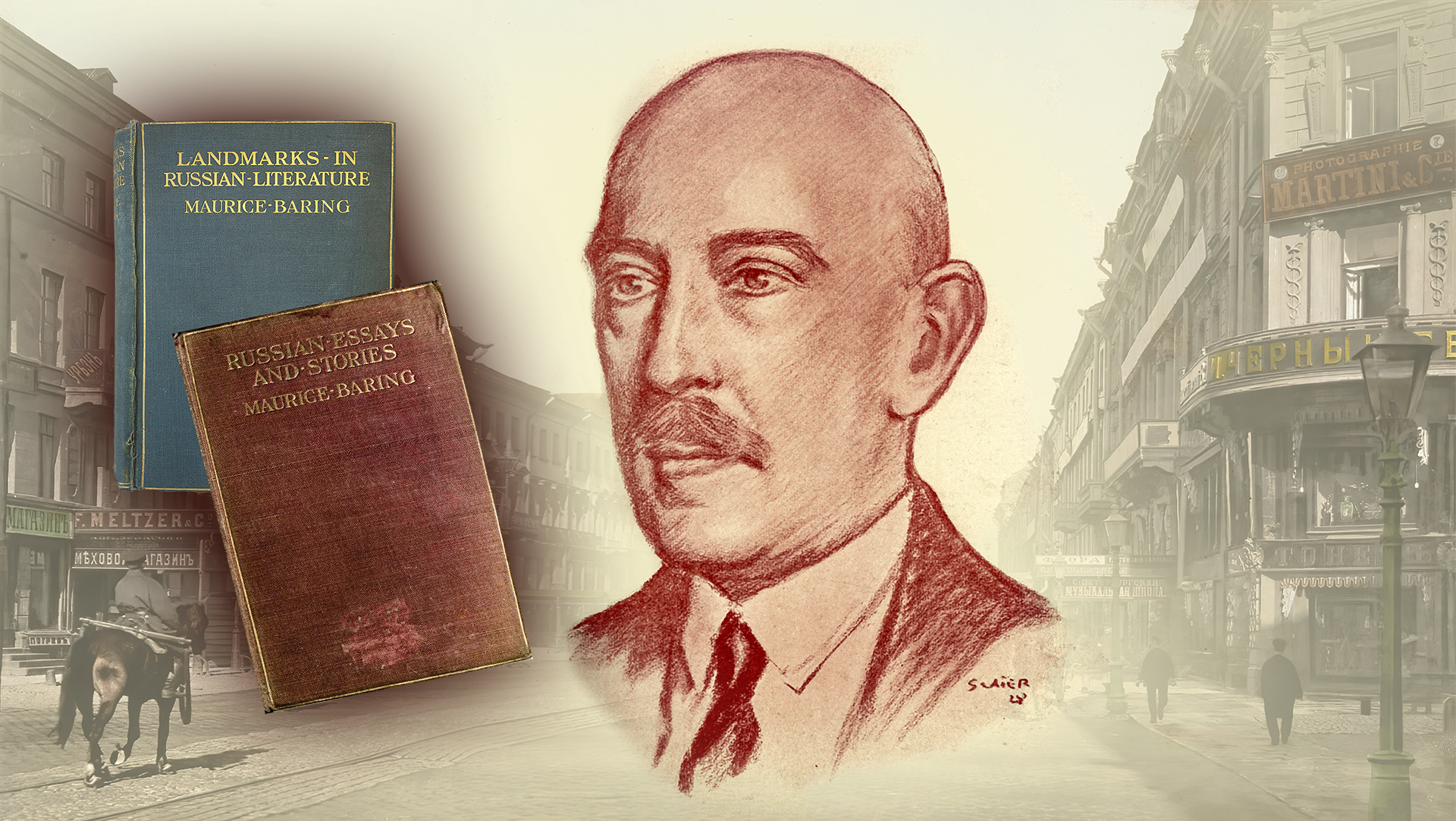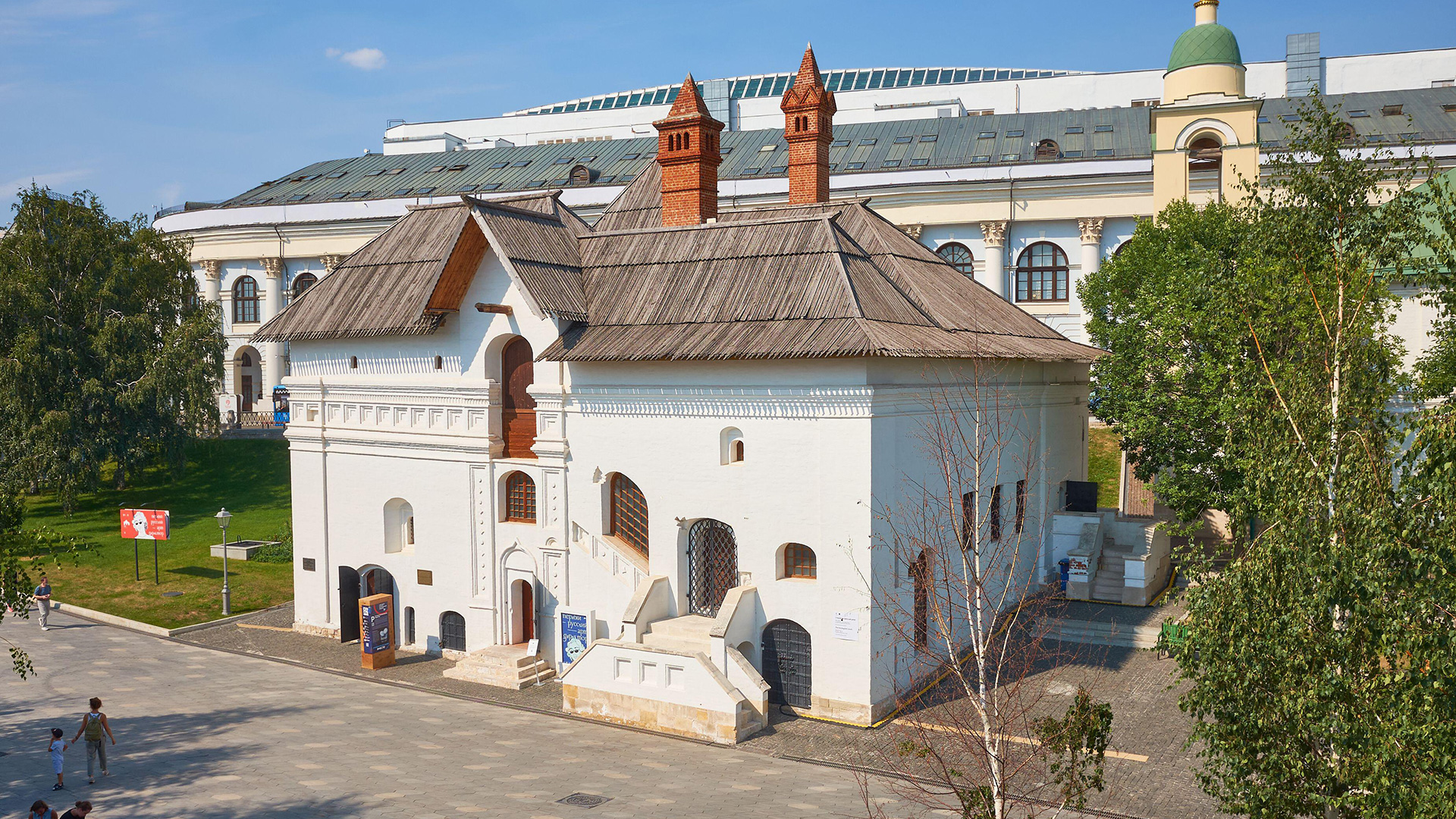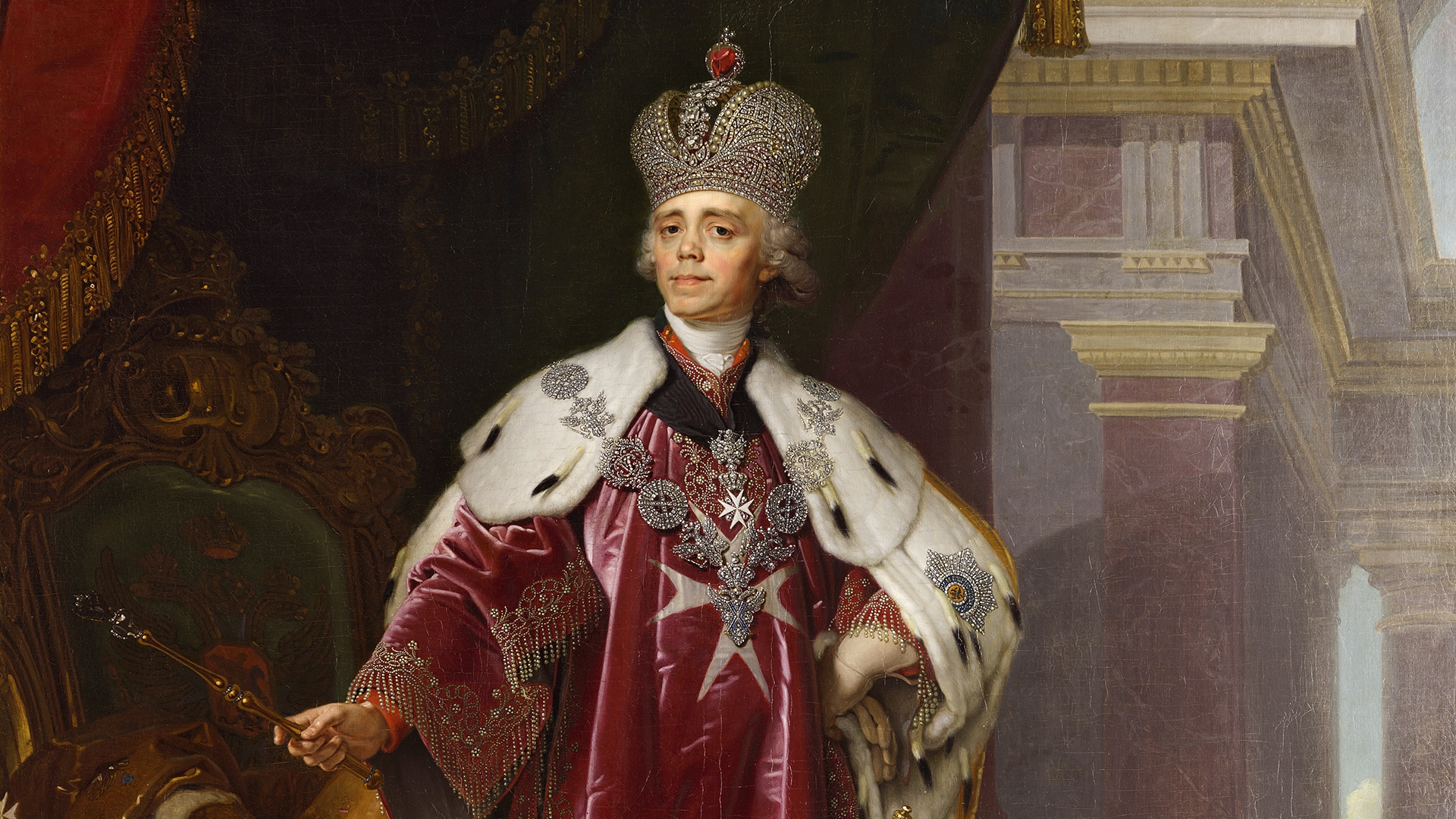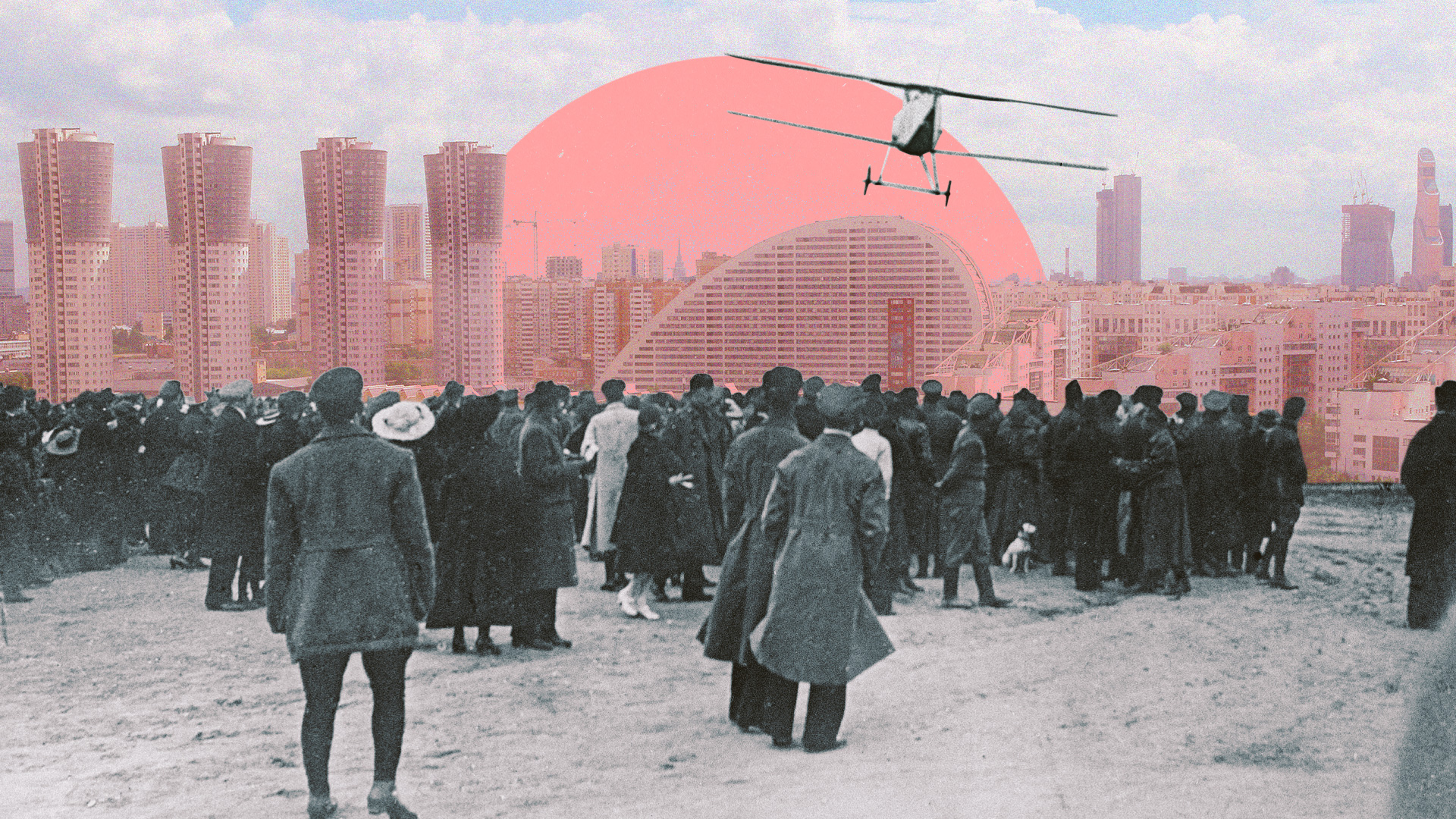
Why was a ‘DVORNIK’ an important figure in Tsarist Russia?

“That's it! He’ll grow up to be a janitor!” This is how Russian parents exclaim with bemusement, when their children don’t perform well at school. However, in the second half of the 19th century, for many peasants and even townspeople, the career of a street cleaner or janitor was an enviable profession with a high salary. We tell you why.
If we remember the street cleaners and janitors in Russian literature of the 19th century, then, in addition to the unfortunate protagonist of Ivan Turgenev's story ‘Mumu’, janitor Gerasim, there are quite a number of quite prosperous episodic characters, who are constantly doing something and are highly respected. In Tsarist Russia, janitors were indeed very necessary people. They could not be disregarded. In large cities, janitors even wore a special uniform: a janitorial vest, a white canvas apron, a cap with a lacquer visor and a number badge. Each janitor was also given a whistle to attract the attention of the police.

In those times, janitors often served as informants for the police and, after terrorist Dmitry Karakozov’s assassination attempt on Tsar Alexander II in 1866, house janitors turned into official guards with the functions of surveilling the tenants, night duty and control of the neighborhood. They monitored the silence in the apartments and in the yard (for example, chased away charmers), acted as witnesses during searches, broke up fights, chased street children from attics and guarded laundry hung out to dry. In order to obtain a passport, it was also necessary to apply to the janitors.
There were usually several janitors for one building: a senior janitor and their subordinates. For a medium-sized house with up to 50 apartments, two to three people were hired. If there were more apartments, the staff would grow to 10 people. And this was not counting plumbers, doormen, chimney sweeps and others, who were also the senior janitor’s responsibility.
The janitors lived in offices in the building and knew all the tenants by sight, recorded the arriving and departing of tenants in the guest book and assisted in packing and carrying the belongings of those who were moving in or out. The landlord, getting acquainted with a potential tenant, would send the janitor to their former place of residence for recommendations. Drunkards and scandalizers were denied tenancy.
Of course, cleaning was also their responsibility: in winter, they removed snow from the yards and streets and sprinkled sand on the roads. In summer, they cleaned the territories from horse manure.
The salary was comparable to the salary of the lowest government officials: roughly 40 rubles a month. And, if you helped to carry laundry to the attic, chop wood, beat out a rug or carry purchases or congratulate a tenant on their birthday, then, with tips, it was even more.

Because of all this, it was extremely difficult to become a janitor – you needed connections and guarantees to get the job. In old age, when a janitor could no longer cope with their duties, they usually became a doorman. Doormen were not engaged in hard physical labor, but also helped to keep order and cleanliness: their duties included cleaning door handles, cleaning staircases and washing mosaic floors.
The prestige of the profession lasted for about a century: in the 1960s, in the USSR, the police banned the involvement of janitors in night duty watch or special operations and they became mere laborers with a broom and shovel.


